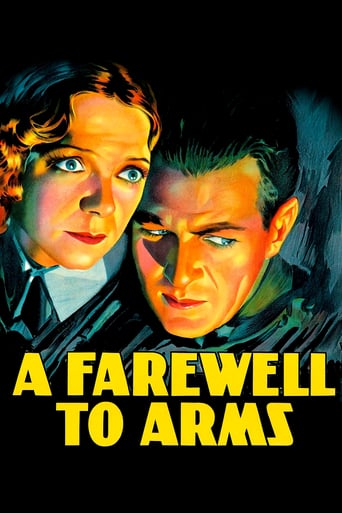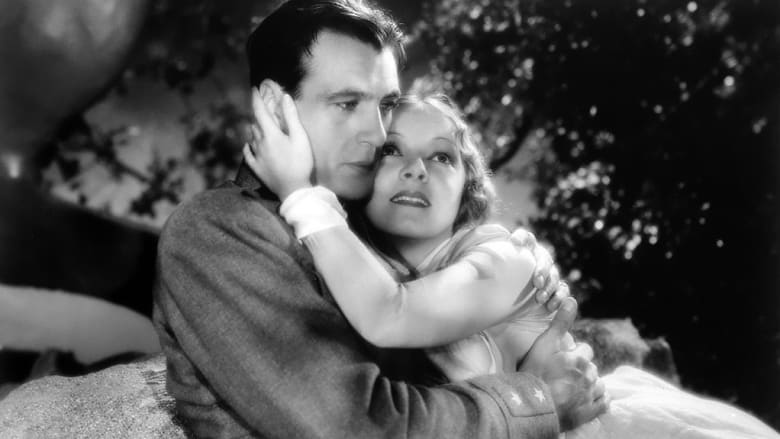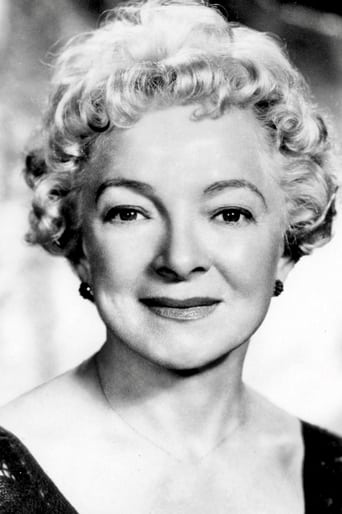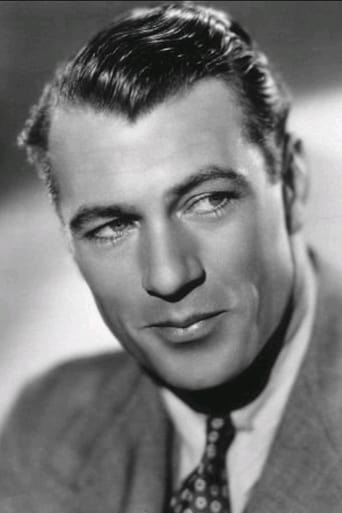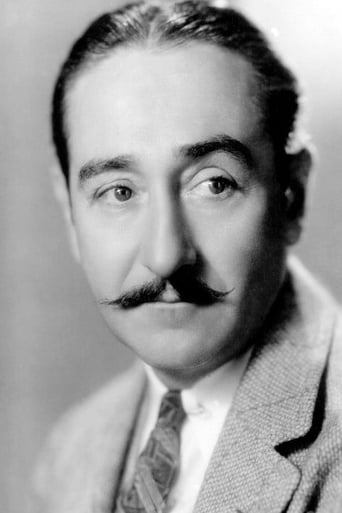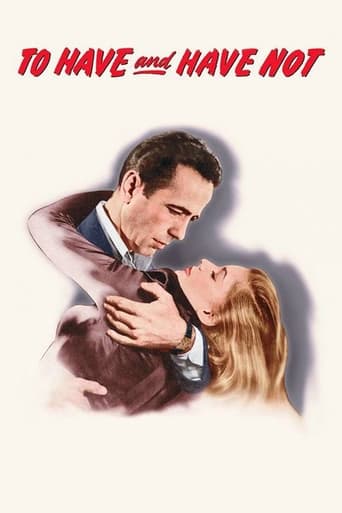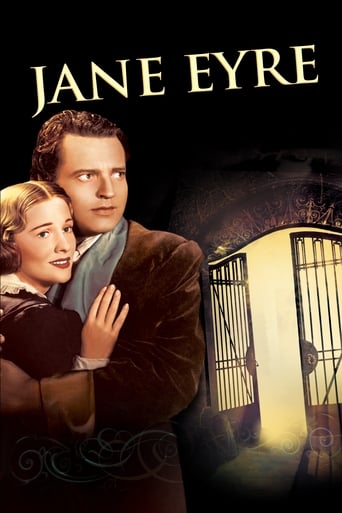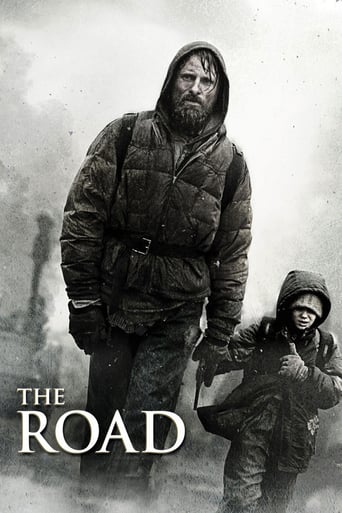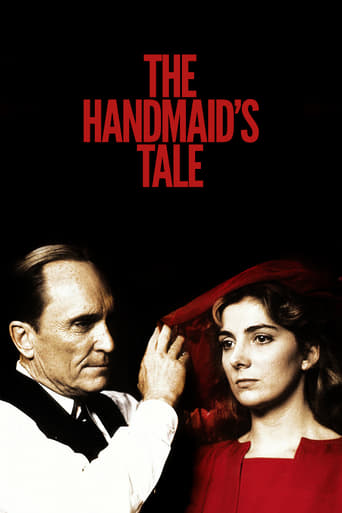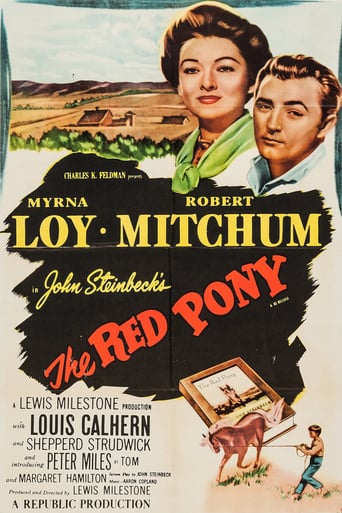A Farewell to Arms (1932)
A tale of the World War I love affair, begun in Italy, between American ambulance driver Lt. Frederic Henry and British nurse Catherine Barkley. Eventually separated by Frederic's transfer, tremendous challenges and difficult decisions face each as the war rages on.
Watch Trailer
Cast
Similar titles
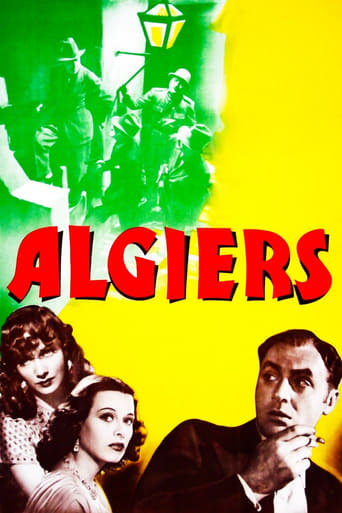
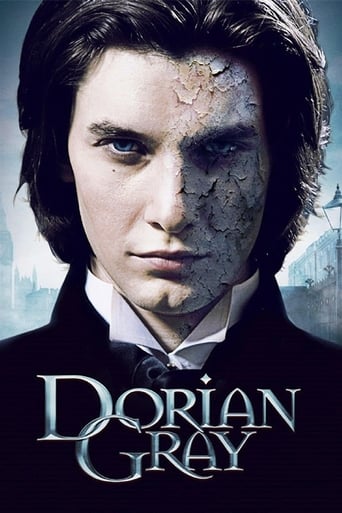
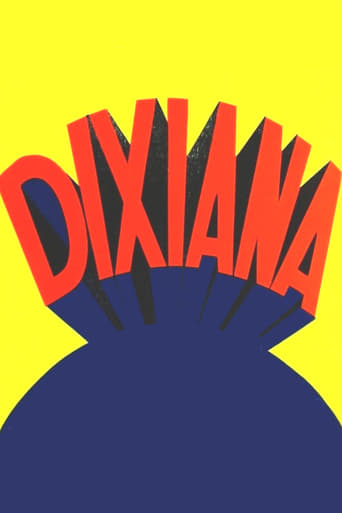

Reviews
Why so much hype?
the audience applauded
At first rather annoying in its heavy emphasis on reenactments, this movie ultimately proves fascinating, simply because the complicated, highly dramatic tale it tells still almost defies belief.
This film is so real. It treats its characters with so much care and sensitivity.
Gary Cooper is an ambulance driver who is in the middle of combat in World War II. Life is tenuous for everyone. He meets a nurse, played by Helen Hayes, who has just lost her fiancé to the war. They hook up and he leaves. The result of their encounter is her pregnancy. Because Cooper is friends with a carouser with whom he inhabits bars and brothels, his friend, feeling that Cooper could be harmed by this woman's situation, intercepts letters she has sent to him. So she feels he has no feelings for her. He sends letters to her, but she has been transferred to another unit hospital. So communications have broken down and this leads to great pain. The ending is quite emotional (perhaps a bit too emotional) with some real overacting from two really good actors. Hemingway, apparently, hated the movie version of his book. It's worth a look but there are better movies featuring his work.
Based on Ernest Hemingway's semi-autobiographical 1929 novel of the same name, this seemed like the perfect film to watch after the Hemingway biopic "In Love and War" (1996) but it is not a very good one. I read the relevant novel seven or eight years ago so my memories of it are admittedly not terribly fresh but this is not a great adaptation. The film is slowly paced, disjointed and often boring in spite of its short running time. The ending is far too melodramatic for my liking. The script largely trades the novel's cynicism and fatalism for sentimentality and romanticism. Hemingway hated the film but, to be perfectly honest, I wouldn't have had a problem with these changes if they had been handled well. Sadly, they weren't as the script is not exactly strong.That said, there is an underlying sense of fatalism when it comes to the treatment of the First World War and the manner in which it impacted on its participants. The scenes dealing with the war are considerably better executed than the romantic ones. The film is interesting in its depiction of premarital sex, particularly since it would have been toned down considerably if it had been made after the Hays Code came into effect in 1934. Hemingway would have probably hated it even more if, say, it had been made in 1937. The novel's language was toned down as well but that was hardly surprising given that Hemingway used several words that would not be commonly heard in films until decades after his death.Gary Cooper became a better actor as he got older but he is not a great leading man in this instance. His performance as Lt. Frederic Henry is very variable. In contrast, Helen Hayes is excellent as his beloved Catherine Barkley, a war weary and somewhat emotionally damaged English nurse. I've never seen her in anything young before so that was interesting. However, she and Cooper have next to no chemistry so their romance is tepid at best, which is obviously never a good thing in a romantic film! The film also features strong performances from Adolphe Menjou as Henry's unreliable "war brother" Captain Rinaldi, Mary Phillips as Catherine's best friend and fellow nurse Helen Ferguson and Jack La Rue as an Italian priest who has difficulty comprehending the scale of death and destruction that the war has caused. Cooper later became close friends with Hemingway and chose him to star in the film adaptation of his 1940 novel "For Whom the Bell Tolls".Overall, this is not a very good film when it comes to the romantic elements but much better when it comes to its more limited war elements.
A Farewell to Arms (1932)An unabashed over the top war romance (by Hemingway) and two young actors at the peak of their abilities. Add some really vigorous filming (some of the actions scenes in the battle are frightening and awesome), and you can see why this is such a powerful movie.There is a little sense of familiarity to this kind of story, and an old fashioned romantic flavor to it (the book is similar in outline but slightly cooler, more prosaic, more intense, more true). I think Helen Hayes is perfect but only from the director's point of view--she gave him what he wanted for this kind of high drama, and I love the performance. Gary Cooper never sits right for me--his facial twitches remain twitches, his woodenness you can knock on with your knuckles--but this is one of his best performances, alongside "High Noon." The photography by Charles Lang is really one of the highlights, and in weird way there are so many wordless part of the film, it has the strength of a great silent film with sound effects. Which pushes the burden further on the visuals. Another of the great early 1930s testaments to pure filming.Does it work in the end? Partly. But it's really sentimental, and you have to like uncomplicated emotional conflict, and resolution, complete resolution.
Frank Borzage's 1932 version of "A Farewell To Arms" has the distinction of being the first film adaptation of an Ernest Hemingway novel. It's more Hollywood than Hemingway: Long blankets of dialogue are condensed, sharp edges softened, and the romance between Lt. Henry and Catherine made into something more befitting Douglas Sirk than the unsentimental Papa. Yet a surprising amount of the novel's spirit does survive the transition.In a story not much different than what you might have read in high school, Lt. Henry (Gary Cooper) is an American ambulance corpsman serving with the Italian Army as it fights the Austrians along the Piave, a bloody backwater campaign of World War I. Henry meets nurse Catherine Barkley (Helen Hayes) and they quickly fall in love. But the violence of war, and the interference of friends like Capt. Rinaldi (Adolphe Menjou), threaten to tear them apart.The differences between book and movie are more in the matter of treatment than storyline. When Catherine and Lt. Henry first meet, they talk about her former lover, a war casualty. In the film, she says "If I had to do it all over again, I'd marry him". In the book, though, Catherine wasn't regretting sending him off to war unmarried, but without their having had sex.Yet a minute later, her lines come directly from the book, Catherine noting her daydreams about her old lover turning up at her hospital with a saber cut, then adding: "He didn't have a saber cut, they blew him to bits." For Hollywood, violence was always easier material than sex.Since this is a film made before the inhibiting Hays Code (Will, not Helen), Borzage and his writers are able to get away with a bit more than they would have just a couple of years later. Catherine and Henry still make love, and she gets pregnant.There IS a lot of Hemingway here. Catherine is a still somewhat mixed-up woman who hates the rain "because I see myself dead in it". The folly of war is openly expressed. "If nobody would attack, the war would be over," one soldier muses. Lt. Henry is wounded, and embarrassed because it happened while he was eating cheese. Even some small exchanges survive, like one between Lt. Henry and a nasty nurse.She: "Pity is wasted on you."He: "Thank you."But the film also strikes out for its own territory, successfully in the case of building up the role of Capt. Rinaldi. Menjou, who had been a real ambulance corps captain in World War I, creates a marvelously ambiguous figure, a cheerful cynic who befriends Henry and is put out by the romance with Catherine. "Why don't you be like me?" Rinaldi asks his "war brother". "All fire and smoke. Nothing inside."Rinaldi's role here is a change from the original story, a gamble by Borzage and writers Benjamin Glazer and Oliver H. P. Garrett that pays off, devising some needed tension to the central storyline and underscoring the core message of the rottenness of war. If it wasn't for war, Rinaldi might value something more than his next bottle or bedpartner, and Menjou, in a final triumphant moment, lets you know it.Pacifism, in movies as in life, only takes one so far. The film makes a mistake near the end by more consciously making a stand as an anti-war film, with much hysteria, bells ringing, even Cooper chanting "Peace...peace". It made those points much better as sidenotes, like an opening tracking shot where a seemingly sleeping soldier is revealed to be dead, or later on when Cooper trudges through a muddy path and notices the corpse everyone's been walking on. By contrast, too much of the movie's finale is played for the cheaper seats, and doesn't stand up today.But the film does stand up better than many later Hemingway adaptations, with its strong cast, inspired tracking shots, and a mostly successful effort by Borzage to translate Hemingway's terse prose style into film. What you get is a short but deep examination of life during wartime.
